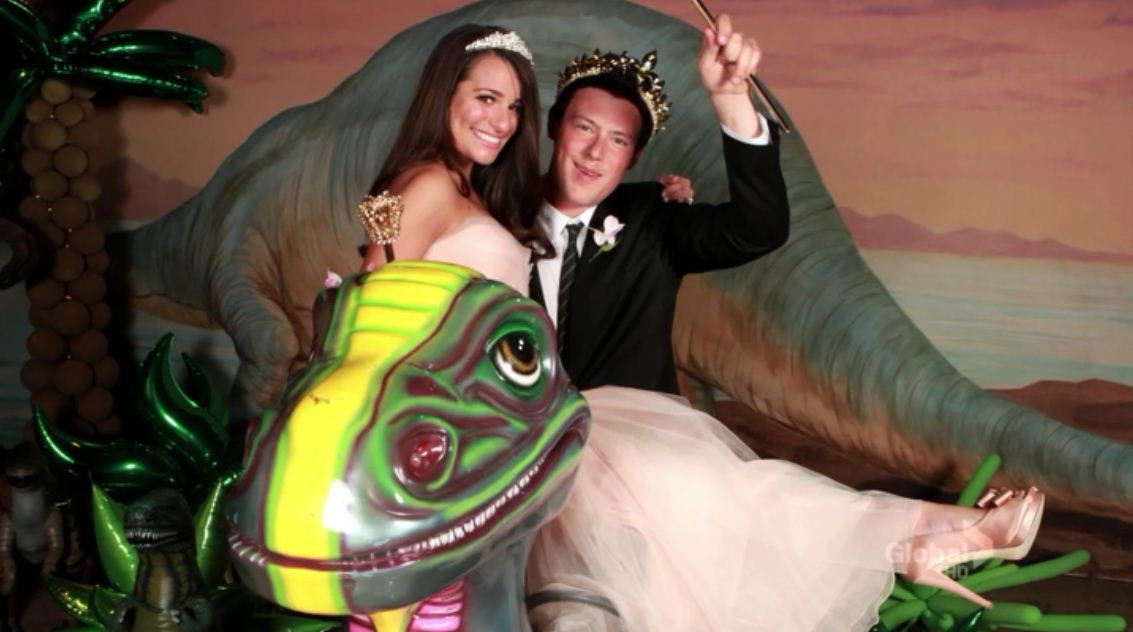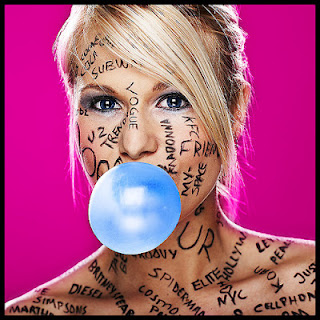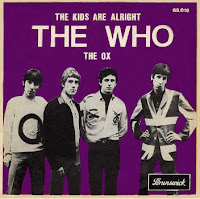From Glee’s recent Dino-themed party in the gym to the 50+ (I stopped clicking through at 50) YA novels that feature “prom” in the title on Amazon, clearly our fascination with prom-ing not going anywhere, but some of the details seem to be evolving.
So it's a good thing I happened to chaperone prom last weekend. Here are a few updates of the Southern California variety on the tried-and-true trope...
Major News: Word on the street is that prom has “lost its romance.” Most kids seemed sad about this one, and it made me wonder if prom ever had as much romance as its hype, and whether future prom scenes will head in this direction as well.
So it's a good thing I happened to chaperone prom last weekend. Here are a few updates of the Southern California variety on the tried-and-true trope...
Major News: Word on the street is that prom has “lost its romance.” Most kids seemed sad about this one, and it made me wonder if prom ever had as much romance as its hype, and whether future prom scenes will head in this direction as well.
 |
| "Monte Carlo" Prom May 2012 (San Diego, CA) |
When asked further about the demise of romance, the girls complained that their dates didn’t pick them up at home anymore unless they were a couple, and even then it was rare.
Generally all couples in the group gather at a family’s house with their parents for a massive photo-op.
From there, the “cool” groups all pile into party vans (rumor has it some have “stripper poles”). Limos? A few, but they’re mostly another casualty to the death of romance. Lower in the social prom caste drive themselves to prom.
Corsages? Yes. Boutonniers? Yes. Tuxes? Mostly. Vests co-ordinated with date’s dress. And for those more fashion-forward (or those feeling crafty): matching home-sewn vintage Hawaiian shirts, and a tux jacket made entirely out of duct tape were sighted.
Another tragic prom-tradition casualty? Formal photos. It’s been years since the school has been able to get a photographer to come out as the kids opt for iphone shots at the event, and a parent’s D-SLR camera’s work earlier in the night. And no wonder I haven’t received any of the wallet-sized photos of couples standing awkwardly in front of a plastic flower arrangement lately since the vintage-inspired photo booth replacement only produces a strip of four photos.
While not always the case, this year’s venue was outdoors and featured draped lounges surrounding a water feature, impeccable lighting, gambling tables (theme was Monte Carlo), a tasteful white tent for dancing, a coronation of prom King and Queen, Mac&Cheese and Fry bars with toppings like bacon, cheese, and various forms of onion, a chocolate fountain, and Bond films playing on repeat.
As for the scandalous stuff?
Attendees were breathalyzed at random before entering keeping most from risking an attempt. Rumor has it that other places kids have attempted to smuggle in alcohol (often unsuccessfully) via Ziploc bags tucked in boots, bras, etc.
This year’s dancing was the most tame I’ve seen, but most years it makes me blush. Another nail in the coffin of romance: students reported not hearing a single slow song. And many were sad.
Sex? Reports claim it wasn’t much different than after normal parties (honestly though, who knows? I am their teacher, and I really don't want that intel. Did get inserviced by campus police on the uptick of using "sextacy" aka viagra & ecstacy a few years ago; no clue if it's popular now.). Most kids seemed more excited about the classic In & Out burgers tradition post-prom.
And finally, the moment you've been waiting for...the best part of prom? “Having fun with friends” (mostly the gentlemen), and “getting ready” (mostly the ladies).
After writing up these details, I’m wondering if prom really is less romantic now. Back in the day, I was picked up at home, took a limo, ate chocolate-covered strawberries, tilted my head in front of a swirling backdrop, and swayed awkwardly to slow songs, but my favorite part? Getting ready. Second favorite? Having fun with friends. Sound familiar? Am I alone? Have books, movies, and TV created unrealistic expectations? What do you remember about your prom? Any current trend updates from other locales?
























.JPG)


